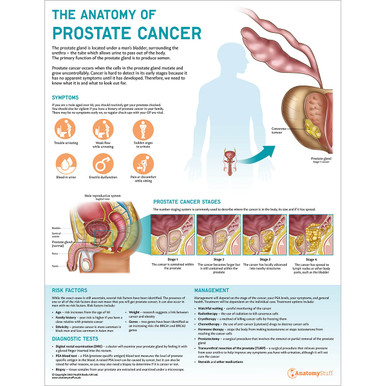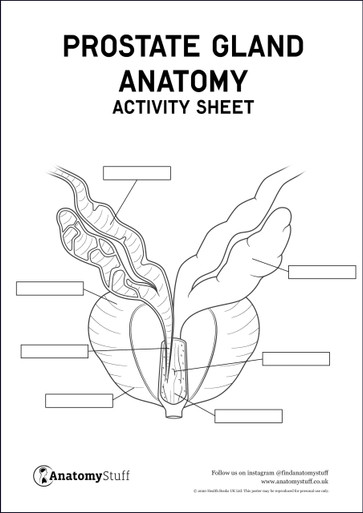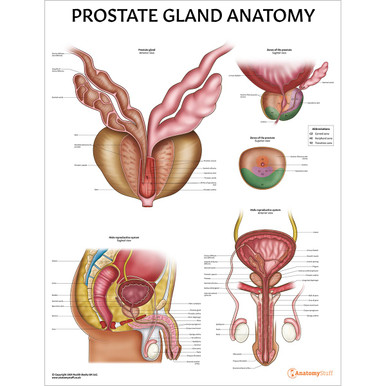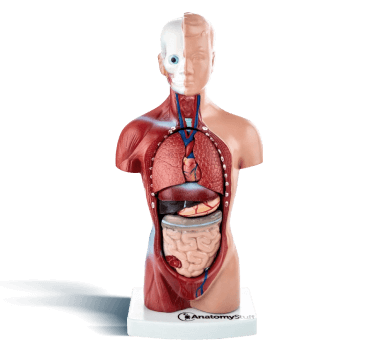Prostate Cancer – What is it & what are the signs?
Cancer is a word which nobody ever wants to hear, yet it’s a disease that is sadly all too common.
Statistically, 1 in 2 people will contract cancer in their lifetime, which is why we need to do everything in our power to eradicate this disease for good. As distressing as that is, the good news is that cancer mortality rates are decreasing for the first time in history. This means that more people are recovering from cancer than dying from it. While this is positive news, we still have a long way to go.
There are numerous strains of cancer, prostate cancer, in particular, needs addressing, as so many men out there tend to put off their checkups, and it’s often at the checkup that your GP can discover prostate cancer early on. Every year in the UK, there are roughly 12,000 prostate cancer deaths yearly. This equates to 33 people each day.
Prostate cancer affects men only as women do not have a prostate gland. Cancer is hard to detect in its early stages because it has no apparent symptoms until it has developed. This is why we need to be aware of what it is and what to look out for.
Here’s what you need to know about prostate cancer.
What is prostate cancer?
Prostate cancer will affect roughly 1 in 8 men during their lifetime here in the UK.
Men have a prostate gland roughly the shape and size of a walnut, though as we grow older, it becomes larger. This gland is located under the bladder, surrounding the urethra. The urethra is the tube which transports urine from the body. The primary function of the prostate gland is to produce semen –the fluid which transports sperm.
Like every other organ and gland in the body, the prostate gland is made up of billions of microscopic cells. Prostate cancer occurs when the cells in the prostate gland mutate and grow uncontrollably.
Some men with prostate cancer will have a mild strain that grows so slowly that it requires no treatment and does not affect their health or their life expectancy. Other more aggressive forms of prostate cancer grow quicker and spread more readily, causing all manner of problems. When this occurs, treatment is required as cancer could potentially spread.
Free PDF Downloads
View AllProstate cancer symptoms
As mentioned, prostate cancer in its early stages can often be so mild that it doesn’t present any noticeable symptoms, making it difficult to make a diagnosis.
If you are a male, aged over 50, you should routinely get your prostate checked anyway. You should also be vigilant if you have a history of prostate cancer in your family.
Here are some common signs and symptoms of prostate cancer.
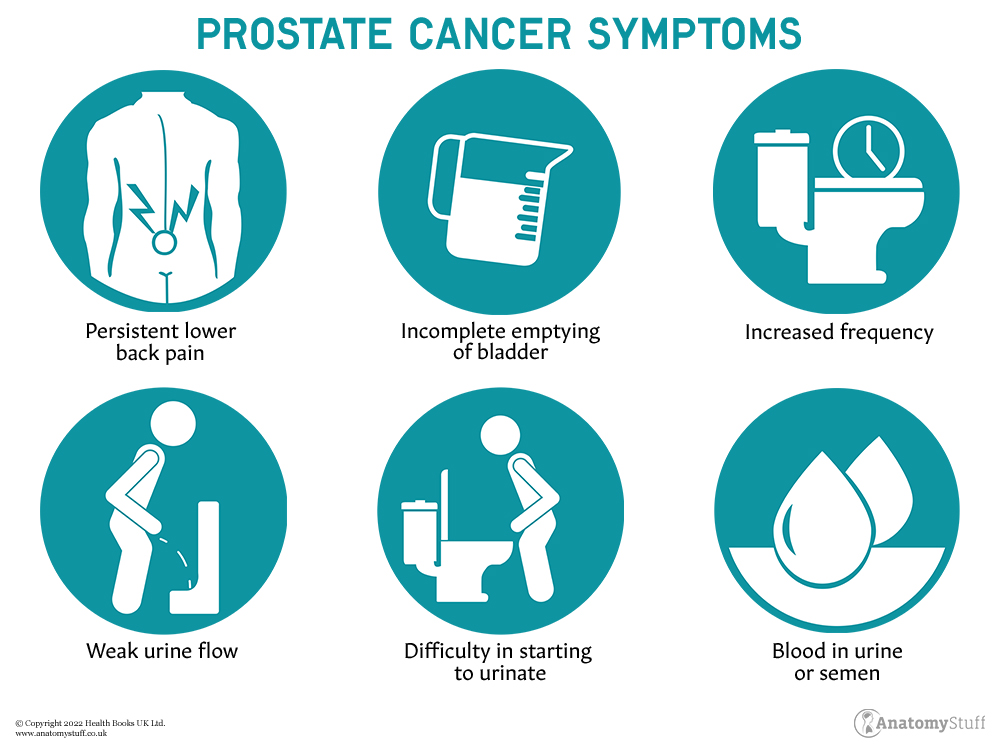
Trouble urinating
One of the most common symptoms of prostate cancer is having trouble urinating.
Many men with prostate cancer struggle to urinate and empty their bladder, even if they feel like they need to urinate.
It should be noted that an enlarged prostate may cause changes in urination patterns. This is NOT prostate cancer, though you should still speak to your doctor as a precaution.
Weak flow while urinating
Another thing to watch out for is a weak flow while urinating.
Men with prostate cancer sometimes find that the flow of urine they produce is weak and slow, no matter how hard they try to push.
A sudden urge to urinate
While most people know when they need to urinate in advance, men with prostate cancer often find that they’ll suddenly be overcome with an urge to urinate, seemingly out of the blue.
Erectile dysfunction
While many different things can cause erectile dysfunction, prostate cancer can be one of them.
Blood in the urine
When you urinate, if you notice any signs of blood, no matter how small they may be, this could potentially be caused by prostate cancer. Although the blood can mean other issues –always check with your GP.
Pain or discomfort while sitting
Some men suffering from prostate cancer experience pain and/or discomfort while sitting. This is usually due to an enlarged prostate. While an enlarged prostate can be caused due to prostate cancer, this isn’t always the case. Again, be sure to seek medical advice.
Signs that the prostate cancer may have spread
In extreme cases of prostate cancer, sometimes the cancer can spread; some possible signs of this include:
• Back, hip, and groin pain
• Swollen legs and feet
• Fatigue and lethargy
• Unexplained weight loss
• Changes in bowel habits
However, these symptoms do not mean you have prostate cancer, they may be due to several other, less serious conditions. Regular GP checkups are the best way to reduce your risk through early detection and intervention.
If you are worried about prostate cancer, make sure to check in with your GP. There are also several great charities out there for support, such as Cancer Research UK&Prostate Cancer UK
Related products
View All